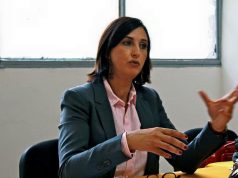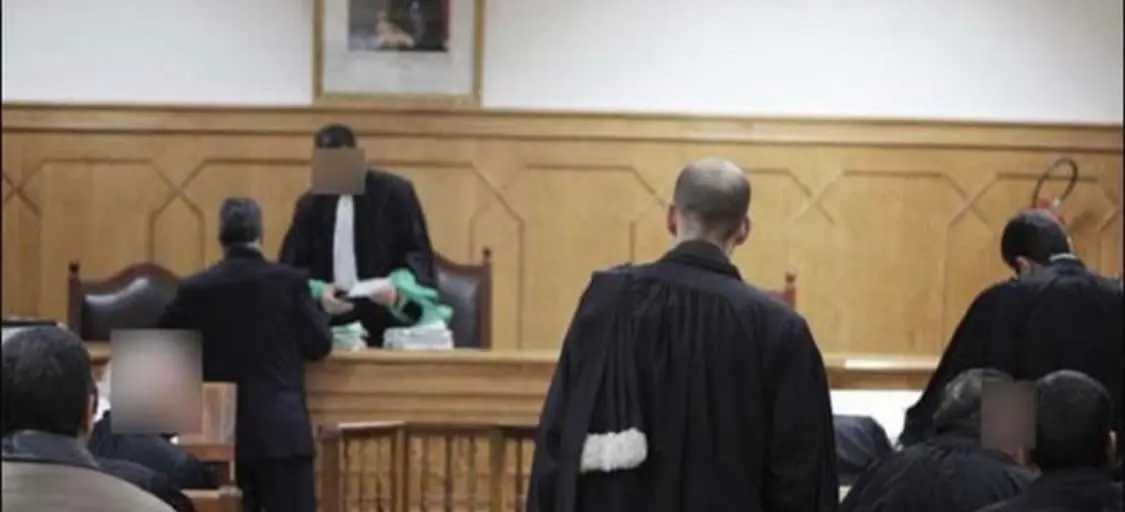MUSCAT, OMAN–Last week’s attack on the Tunisian army in the city of Kef near the Algerian border killed 5 soldiers and wounded many others. It is not just an attack on the army but an attack on democracy which is taking strong roots in Tunisia. It denotes that the terrorists are not happy with the outcome of the Parliamentary elections held last month with Nidaa Tounes emerging as the single largest party and becoming a close contender for power.
The terrorists mayhem is perhaps aimed at deterring the common Tunisian and to keep him away from the Presidential polls. The timing of the attack is a clear indication that the terrorists do not want the veteran leader Beji Essebsi of the Nidaa Tounes to occupy the highest seat of power. Tunisia does not have a full-fledged government yet as no party got a majority on its own.The coalition permutations may be decided only after the Presidential polls. The disruptive elements are taking advantage of the present situation.
There seems to be power struggle between two thinking ideologies. One group which wants democracy and progress and the other group which does not want democracy but regress into the Ben Ali era of suppression and high handedness. The great Tunisian revolution is here to stay as democracy has now become a way of life for the Tunisians who have a strong will power to safeguard the hard earned freedom.
The Tunisian society is a liberal one. The liberal education system reflects that position. Tunisia has a glorious tradition of protecting women’s rights. Women enjoy relatively greater freedom in their daily life as compared to their counter parts in some other neighbouring countries. Democracy, liberal education system and women’s interests are the prime targets of the terrorists who do not want peace in Tunisia.
The Tunisans are insulated from within. Terrorists attacks cannot scare this North African country as evident from the Tunisian revolution. The need of the hour for all Tunisians is to unite and defeat the regressive forces which are out to destroy peace. Economic reforms will make the Tunisians’ lives better. The Tunisian Dinar had fallen to extreme lows as compared to the American dollar and the Euro last year.
Only a peaceful and calm Tunisia can bring back the tourists and the much needed foreign exchange. Tourism is the back bone of Tunisia. The tourists will return in large numbers provided there is peace and harmony. If better sense prevails, Tunisia will be on the road to strong economic recovery and set an example for other countries that peace is the only option for civilized peoples. The international community should support Tunisia in these trying times which is at the crossroads of history. The present and the future of Tunisia are at stake. Tunisia can wriggle out of the present situation but the question is at what cost?
By Ahmed Mohiuddin Siddiqui
[symple_box color=”blue” text_align=”left” width=”100%” float=”none”]
Ahmed Mohiuddin Siddiqui is a reputed columnist and a political analyst on the international media scene. He writes for various newspapers in Asia, Africa and Europe. He is quoted by noted authors in their books in Europe particularly in Holland and Germany. He is considered an authority on the Middle East Affairs, diplomatic and international relations, Islamic Affairs and Awqaaf. He was quoted in the widely acclaimed book –Islam in South Asia: A Short History published in Holland.
He started his journalistic career with The Deccan Chronicle, Hyderabad, India and had the privilege of working with eminent journalists – P. N. V Nair, who gave him the break and then with A. T Jayanti, presently, Editor of the Deccan Chronicle and the world renowned journalist and author M. J Akbar. He writes for The Moroccan Times, The Tunis Times, India Tomorrow, Bilkul, Etemaad Urdu Daily and various newspapers published from the Sultanate of Oman. His writings reflect the democratic and secular ideals necessary for peace and progress in a civilized world.
[/symple_box]






